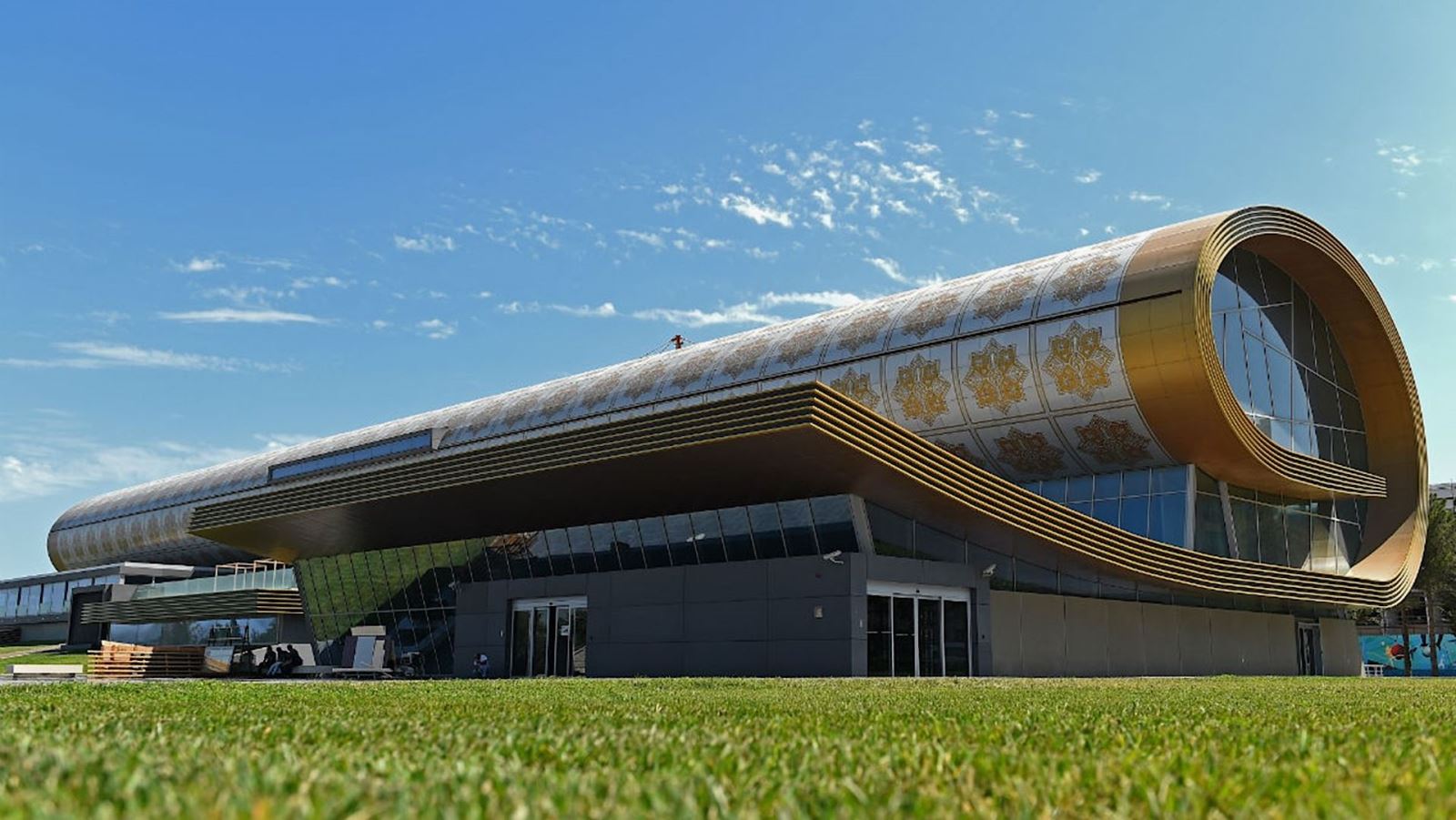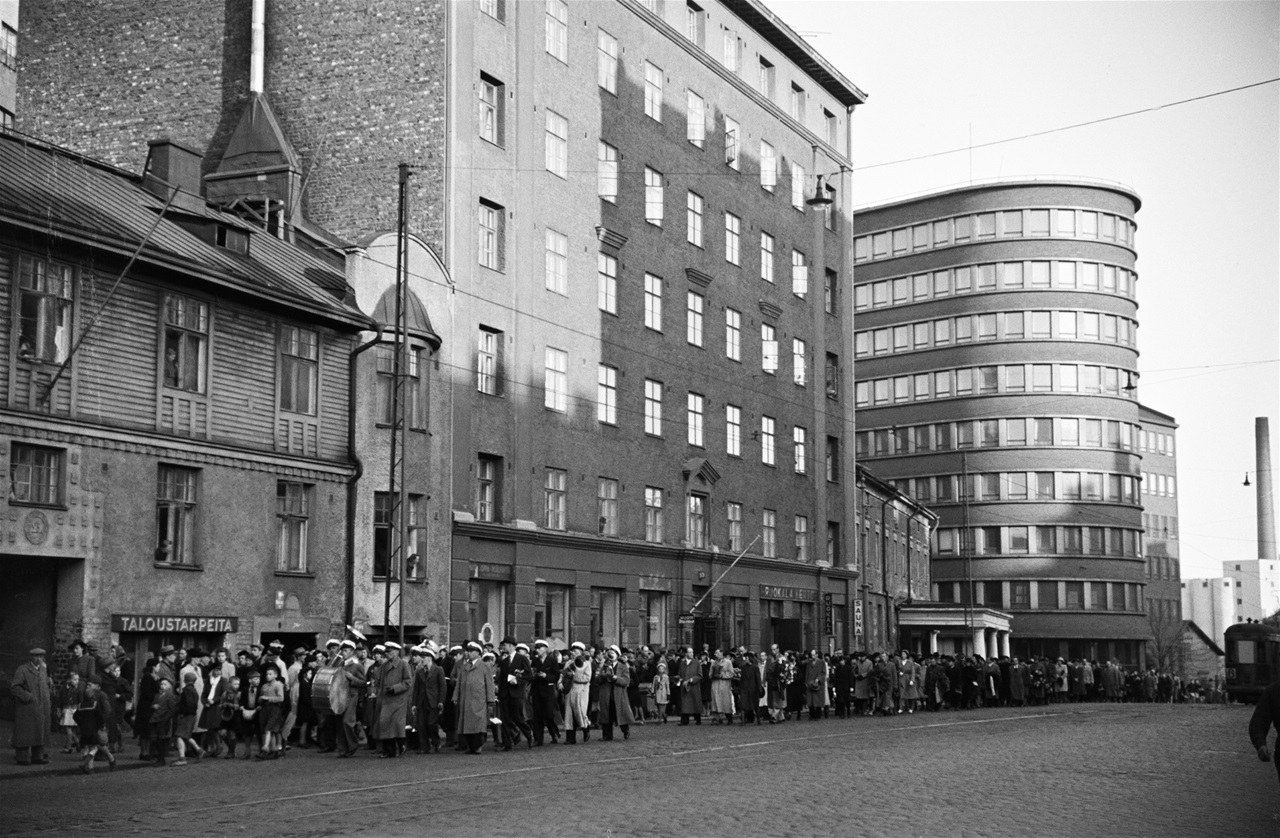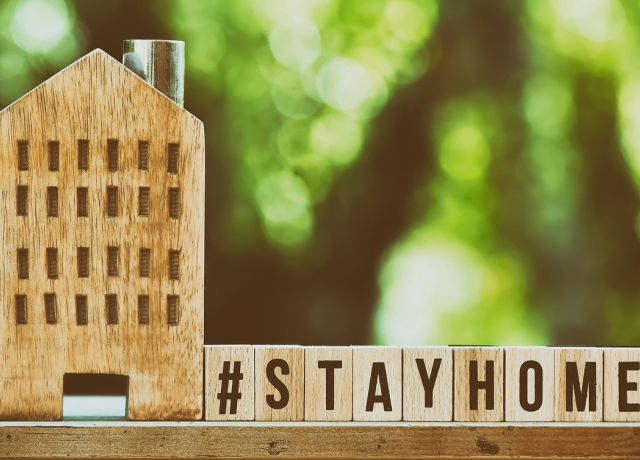Culture and heritage of Europe in the time of COVID-19
Culture and heritage of Europe in the time of COVID-19
Education, heritage and culture don’t stop to exist just because we can’t go out. Across Europe, museums, organisations and galleries are running initiatives to engage audiences and allow them to access resources and activities even as Covid-19 stops us from leaving the house.
Technology is an amazing tool that enables us to connect with people and places across the continent and continue to celebrate our European heritage. Heritage and culture establishments have been innovative and inspired in the way that they are transitioning operations and activity from the physical world to digital. Now is the time to come together as a community and celebrate our shared cultural heritage – and you can do it from the comfort and safety of your home. It also acts as a great teaser to the European Heritage Days programme coming up in late summer. Why not dip in now?
Here are a few things that are happening across Europe…
Azerbaijan
 Photo source: Wikipedia - Carpet museum, Azerbaijan
Photo source: Wikipedia - Carpet museum, Azerbaijan
In the Republic of Azerbaijan, the Ministry of Culture closed museums in late March. But they have made it possible to visit the Azerbaijan Museums and artefacts online, allowing people to visit the new exhibitions, get acquainted with items, and take part in activities. It includes the National Museum of Art, National Carpet Museum, The State Museum of Musical Culture, Nizami Ganjavi Museum, Memorial Museum of Bulbul, as well as others. Creative Azerbaijan has launched the "Stay at home, create at home" initiative. Recognising how important it is to keep the creative and cultural industries active and accessible, they offer the tool as a resource to raise awareness of its importance, as well as enable producers to keep creating and promoting. Music, dance, theatre, sculpture, TV, and galleries are all included as part of this initiative, which it hopes will enable the industry to keep going during this tough time and continue to stimulate the export of local creative and cultural products.
Belgium
Many museums in Belgium have transformed their program to offer digital tours. In Belgium, it’s the year of Van Eyck. Since the museum is closed, this website helps you discover his masterpiece Lamb of God and its restoration.
The story of Ghent, a feature on churches, and photography exhibitions from Carl De Keyzer, salon talks by Elly Van Eeghem are all included by the Ghent City Museum. Discover the rich offer from Flemish art and heritage collections 30,000 images from 60 Flemish museums and heritage institutions at 1 address through the Art in Flanders website. The image bank of Flemish museums and heritage institutions features of design, sculpture, archaeology, heritage, painting and works from the Masterpieces List. The Museum of Fine Arts Ghent has a collection of about 9,000 works, from the Middle Ages to the first half of the 20th century. You can find a selection of them online.
A number of libraries, museums, archives and other cultural institutions around the world share free colouring content featuring images from their collections. The Fashion Museum in Hasselt gives you the opportunity to colour their campaign image. You can win a prize! This is a great opportunity to get busy and creative at home. The Industrial Museum is offering do it yourself tips to try at home.
Finland
The Helsinki Kallio Walking Festival has transformed into self-guided walking routes. Online guides allow you to explore the Kallio neighbourhood of Helsinki on your own – as long as you remember the official regulations. There are three routes available. The Bread and Machine Workshops Route showcases the industrial history of the Sörnäinen waterfront. The Blood and Carbonaceous Route shows even the bloody history of the industrial Hermanni region. The third route, Pills, Silk and Heath, is headed to the Vallila industrial area, which will become the new nightlife centre of Helsinki. The route takes you on a tour of cultural and historical landmarks.
 Photo source: Wikipedia
Photo source: Wikipedia
You can explore even the smallest Finnish local museums online through the eMuseo service, which creates a modern and interactive site of hundreds of local museum guides at making Finnish local museums accessible to everyone. With the eMuseo service, the museum guide is always available – whether the museum is open or closed or whether you want or have to stay at home. The eMuseo service highlights also the smallest of the museums. All museums in Finland are invited to join. So far, over 40 museums have joined the eMuseo network and more than 50 mobile guides have been published.
Italy
Culture does not stop is the message of the Ministry for Cultural and Environmental Heritage in Italy. Their website that allows you to discover through six sections - Museums, Books, Cinema, Music, Education and Theatre - through multiple virtual initiatives organized by places of state culture, artists, and entertainers. Through this initiative art historians, archaeologists, archivists, librarians, restorers, architects, authors, writers, actors and musicians reveal unpublished, classics, masterpieces, curiosities, secrets and behind the scenes of their institutions. The rich cultural allows Italians to stay in touch with art and culture even in this difficult circumstance.
The Grand Virtual Tour is a digital journey through the entire country, offering audiences to indulge in the beauty of Italian cultural heritage online from home through virtual tours of theatres, archives and libraries, museums and state archaeological parks. This enables people to discover new spaces, explore precious heritage and collections, and spend time with known works as well as those waiting to be found. Highlights include the Colosseum in Rome, Teatro San Carlo in Naples, National Museum of Archaeology in Cagliari, and the Museum of Oriental Art in Venice.
England, UK
The Social Distancing Festival is a new website for the arts in response to the virus, which celebrates the work of artists who have had shows or presentations cancelled due to the need for social distancing. It is a way for artists to retain some of their income and opportunities, and for art lovers and audiences to experience new creativity. There are live streams of visual arts, dance, and music, and a special commission that has seen artists from different artistic disciplines in different cities around the world, collaborating on a new piece of art that will be exhibited on the website.
The Andy Warhol exhibition at the Tate Modern had only just opened before lockdown came into force in the UK, but you can join curators Gregor Muir and Fiontán Moran as they discuss Warhol and the 25 works featured in the exhibition.
Heritage Open Days is collaborating with the National Trust to bring people together to mark daybreak with a unique musical experience called DAWNS. On Saturday 16 May an original live music score, inspired by the break of day and created in collaboration with five musicians, will be performed and streamed online to accompany the start of the day across the UK. A narrator will begin as the first morning light hits John O’Groats in Scotland at 3.43 am. Five musicians, based at their own homes will each begin to play their part as dawn reaches them. The score will build from a solo to a quintet as daylight sweeps across the country, ending with the last musician in Cornwall at 4:59 am. If you would like to take part in DAWNS from outside the UK you can email the organisers at dawns@nonzeroone.com to be added to the mailing list. Just keep in mind that the timings of DAWNS are designed specifically to match the dawn as it sweeps across the UK. So the experience of listening to the online broadcast as you see the darkness turn to light will be different outside of the UK.
What’s clear from all of this activity is that Europe does not stop being creative and cultural, embracing heritage, arts, and education through even the most difficult of times. In fact, online culture can be even more accessible and inclusive. If you often find you don’t have the time to get to your local museum, being able to tune into a video or do a virtual tour for half an hour can be a great way to get your dose of heritage education. You can even visit organisations and locations in other countries! Why not take a digital cultural holiday and try out cultural organisations around Europe? Students who are learning from home can take advantage of the resources and utilize excellent educational resources online.
We don’t know what the future holds, but we do know that the European Heritage Days programme will be a rich and engaging season of events. And to help you develop events and activities we have prepared a guide of 101 Event Ideas. Explore the brochure and think of creative ways to celebrate your shared European heritage while respecting the physical distancing.
